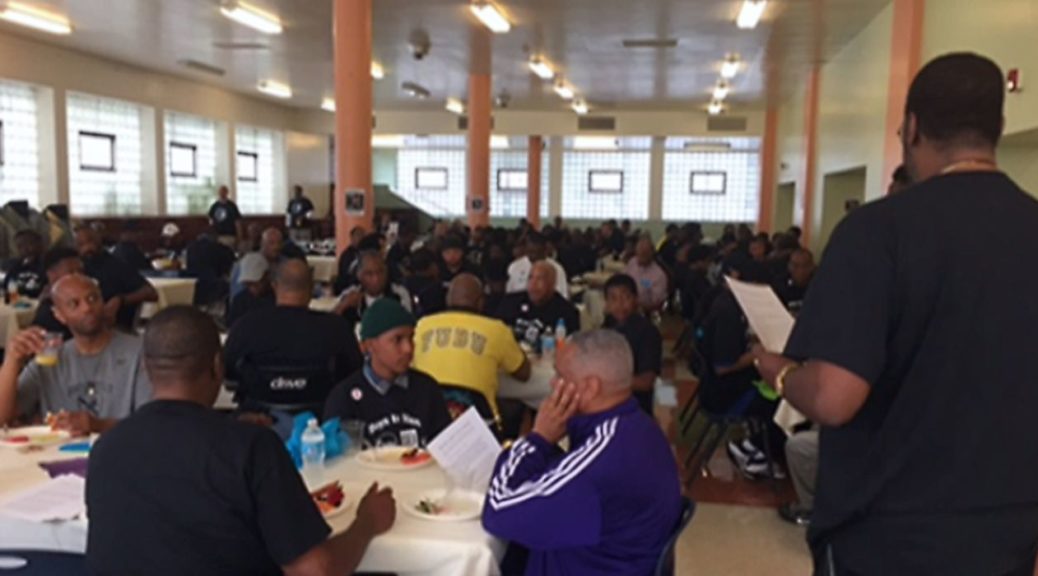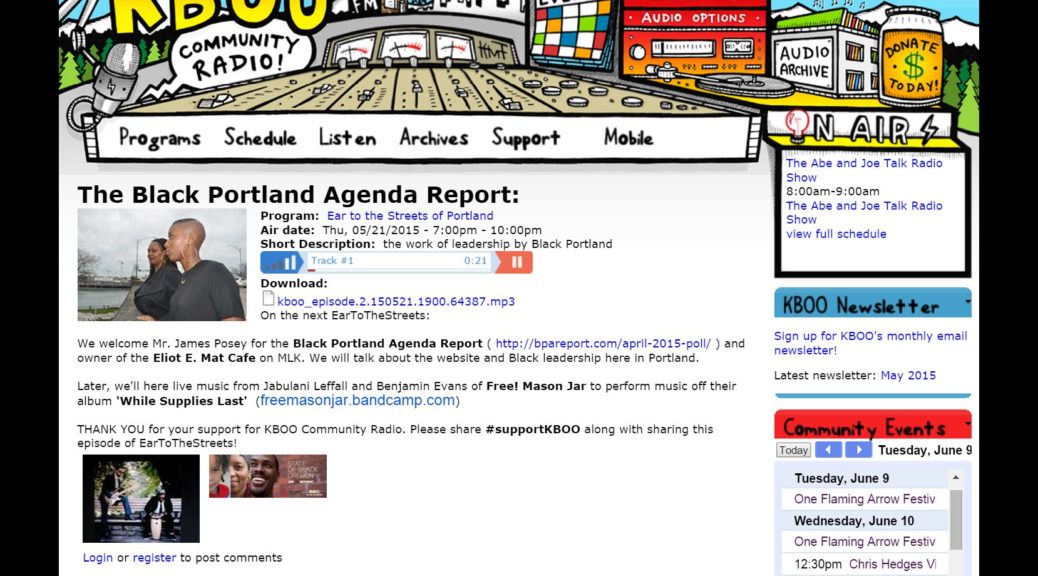It is hard to understand why black people have not put more effort into cultivating the specific relationship between black men and boys. Among the many possible reasons given is the overall general knock on black men: a lack of sensitivity.
Well that certainly was not in evidence a few Saturdays ago when Donald Dixson held his annual Boyz to Men Breakfast at Jefferson High School. There is something inherently powerful when a significant mass of black men come together for the best of purposes. I often reminisce about the Million Man March, which will mark its 20th anniversary in October of this year. The symbolism of both events, equally peaceful, thoughtful, inspiring and challenging, is evidence of the powerful impact black men can have on each other.
And while sensitivity, caring and understanding was clearly demonstrated at the Saturday breakfast, one could not help sense the raw awareness that these types of meetings may eventually determine the very survival of black men. The statistics on us are utterly depressing in just about every area, unemployment, low education levels, poor health, little business ownership, substance abuse, and incarceration. These relationship building meetings can certainly be part of the solution.
And that Saturday meeting presented a ray of hope and inspiration for me and many others in the room. Given that the meeting was a structured event with an opening, orientation, actual breakfast, exercises designed to solicit information, a getting acquainted session, substantive dialogue and a closing, the allotted three hours went by fast. It was a clear acknowledgement that as a group, black men are in trouble and must work extra hard and do all we can now to save ourselves.
The question is, will we mount a full out campaign to make these efforts, or will we revert to the same old model of asking other to do for us what we will not do for ourselves. Convening regular meetings to have discussions is important and a good first step. But how do we strengthen these relationships in our everyday activities at work and play. It will not take much to implement the play elements if we bring the resources together. But the work piece will require mammoth effort, organizing and commitment. Here are a few not so radical ideas to consider: targeted career interventions; individual youth career advocates; regional coordinated career pipelines; long term tracking and evaluation schemes; and finally, maximizing and expanding residential training centers like Job Corps.
The Donald Dixon event’s driven approach is very much needed, but it needs to be a part of a long range continuum. It has to be connected to measurable outcomes that make a substantial difference, and we must start now.


